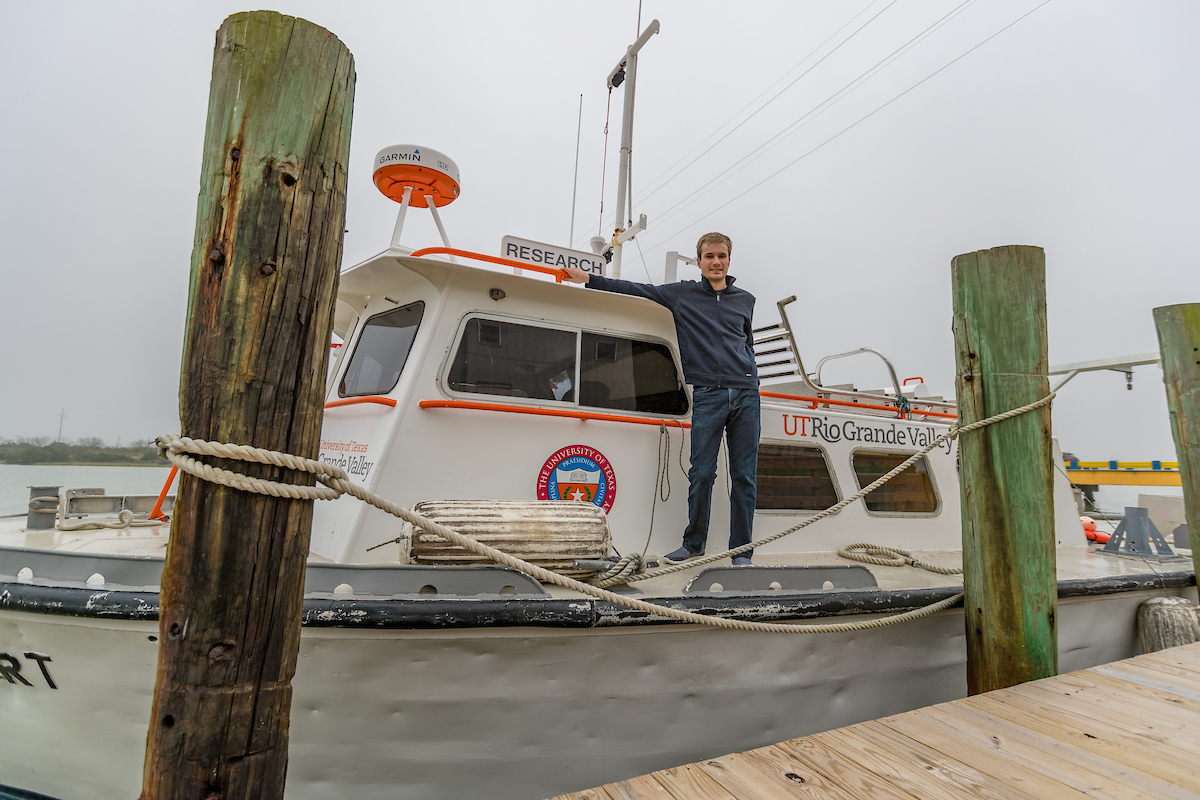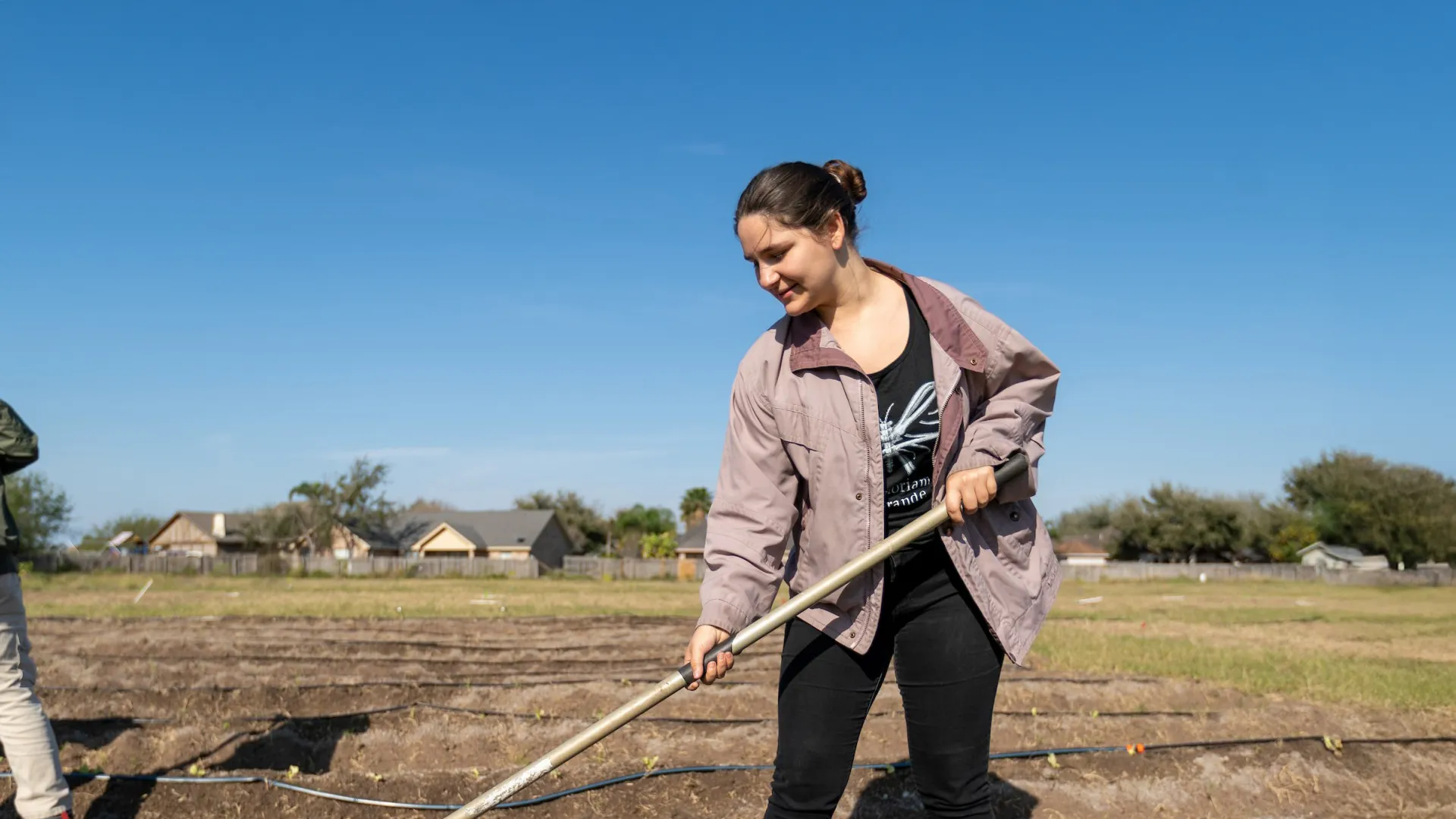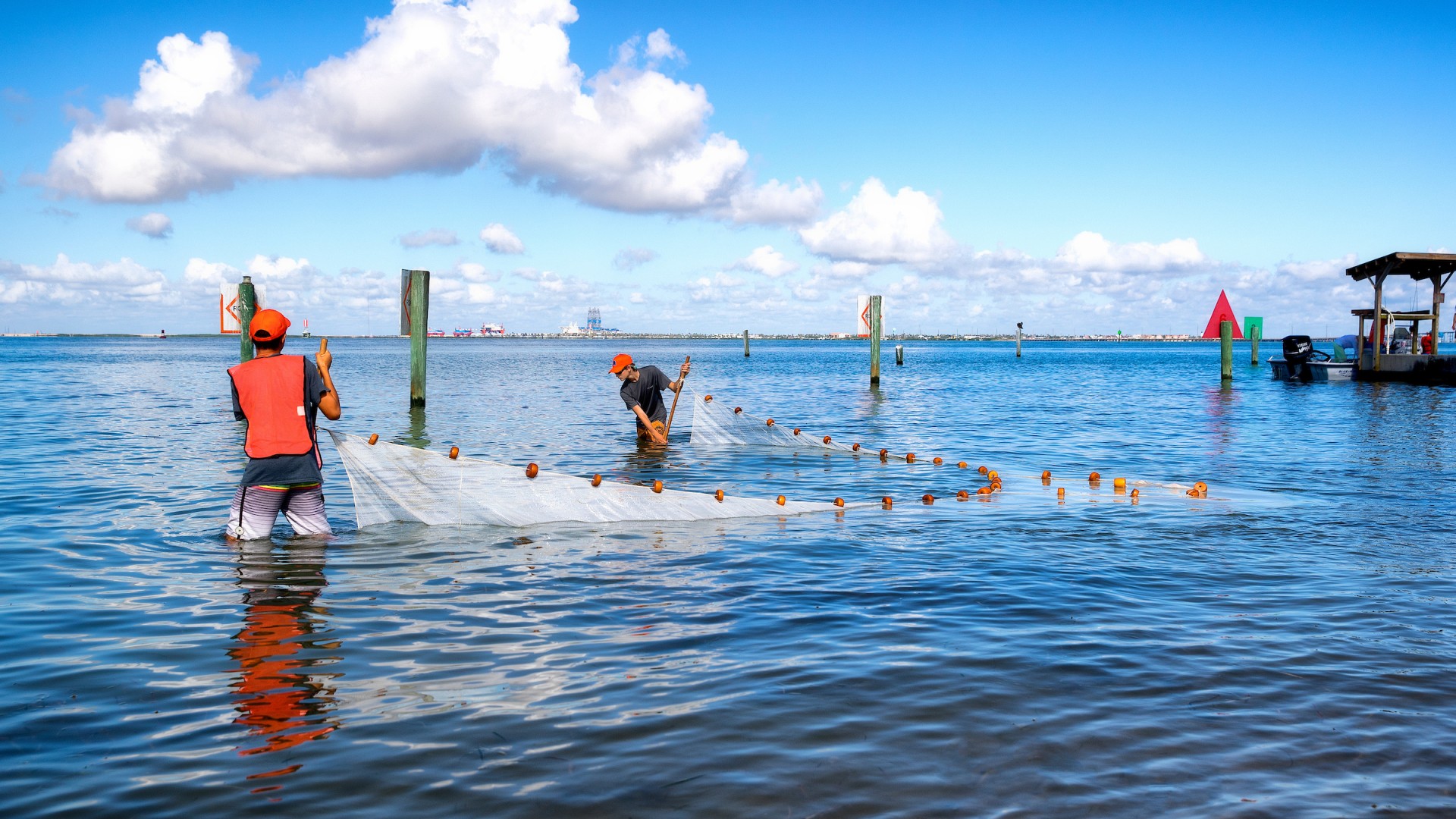Mission
To provide students a unique integrative education and training experience that prepares them to meet the challenges and opportunities in the multiple dimensions of contemporary earth, environmental, and marine sciences.
Academic Programs
Bachelor's

Bachelor's Degree
Environmental Science (BS)
Bachelor of Science in Environmental Science
Program Modality: Campus
The Bachelor’s degree in Environmental Science focuses on understanding and addressing key environmental issues. Electives allow students to focus on areas of interest in several concentrations, taking advantage of the unique ecosystem of the Rio Grande Valley. Experiential learning activities prepare students for careers at various local, state, and federal agencies, non-profit organizations, and environmental consulting firms. Program graduates may pursue graduate studies in environmental science, geosciences, and ecology.
Concentrations:

Bachelor's Degree
Marine Biology (BS)
Bachelor of Science in Marine Biology
Program Modality: Campus
The Bachelor’s degree in Marine Biology focuses on the biology of marine organisms and coastal and oceanic ecosystems. The program takes advantage of the Rio Grande Valley’s unique physical location and the tropical climate of the Gulf of Mexico. Students develop expertise in the biology of marine organisms and the biological processes that affect these organisms, their populations, and their coastal and oceanic ecosystems.

Bachelor's Degree
Sustainable Agriculture and Food Systems (BS)
Bachelor of Science in Sustainable Agriculture and Food Systems
Program Modality: Campus
The multidisciplinary Bachelor’s degree in Sustainable Agriculture and Food Systems serves students interested in improving the sustainability of modern food and agricultural systems. The program prepares graduates to understand the interdisciplinary and systems-based aspects of sustainability and provides them with the knowledge, leadership skills, and experience required to excel in the agricultural and food systems professions.
Master's

Master's Degree
Agricultural, Environmental, and Sustainability Sciences (MS)
Master of Science in Agricultural, Environmental, and Sustainability Sciences
Program Modality: Campus
The Master’s degree in Agricultural, Environmental, and Sustainability Sciences provides students with a unique, integrative education and training experience that prepares them to meet the challenges and opportunities in the multiple dimensions of contemporary agricultural, environmental and sustainability science disciplines.
This multi-disciplinary degree program targets students wishing to pursue a graduate degree that prepares them to contribute their expertise to advancing sustainable agriculture, stewardship of natural resources and ecosystem services, or the development of sustainable systems.

Master's Degree
Ocean, Coastal and Earth Sciences (MS)
Master of Science in Ocean, Coastal, and Earth Sciences
Program Modality: Campus
The Master’s degree in Ocean, Coastal, and Earth Sciences provides students with a unique integrative education and training experience that prepares them to meet the challenges and opportunities in the marine, coastal, and environmental science disciplines.
This multidisciplinary program provides a rigorous applied and theoretical education in the marine and coastal sciences with an emphasis on the environmental impacts of anthropogenic and natural processes along the Texas coastline and beyond.
